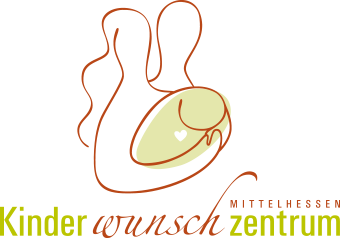You probably have lots of questions concerning costs, risks and terminology of fertility treatment.
We want to answer some of the most commonly asked questions below.
We still strongly recommend consulting us personally and we are looking forward to you visiting the Fertility Center Mittelhessen.



